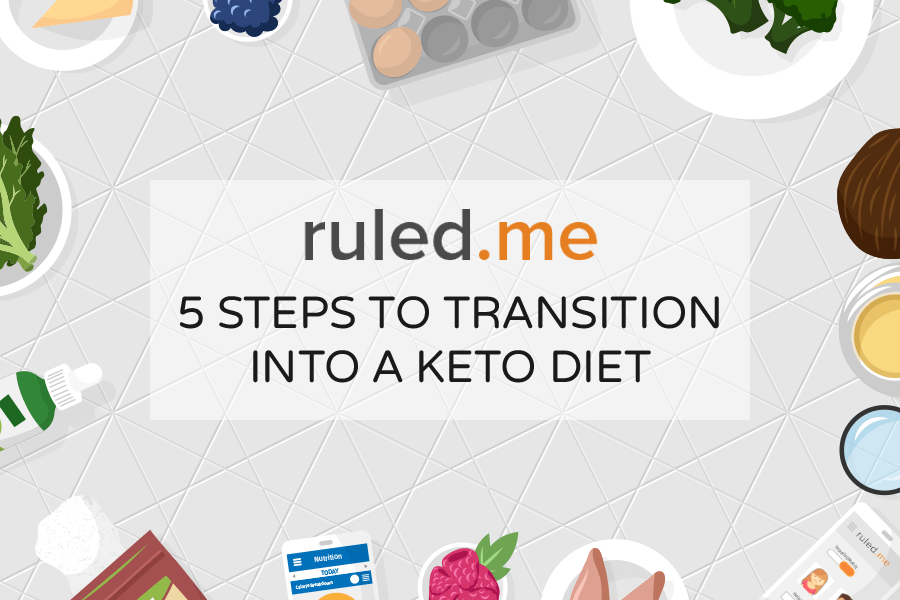
Jumping into high-fat, low-carb eating? Here are 10 things you need to know to sidestep challenges and set yourself up for success. How do you make practical preparations in stocking your fridge and preparing mentally for the big change to come? Consider this your step-by-step guide. Fruit and veggies also mostly contain carbs. What is confusing is that research today remains mixed. They do say that high-fat, low-carb diets still need more research to assess their long-term health benefits and risks. Protein can be converted into glucose, and therefore overeating protein can take your body out of ketosis. Think of your ratios as a small portion of meat topped with a generous amount of fat, rather than the other way around.
Meal prep is just part of the challenge. But it can be tough to jump straight into a low-carb, high-fat way of eating. As well as nixing all refined carbs and junk, you have to have to avoid starchy veggies, grains, sauces and juice, and limit fruits. So, take time to get prepared before you go full-on keto. Next, choose several keto recipes for the week and think about what you can grab quickly if you get hungry between meals.
You might not think of low sodium as a problem, but it usually results in grams per day will help you stay in ketosis. You can do this by checking for the signs of ketosis or investing in ketone tracking tools. Follow these three keto principles to help you with this: Keeping carbs lower than 35.
